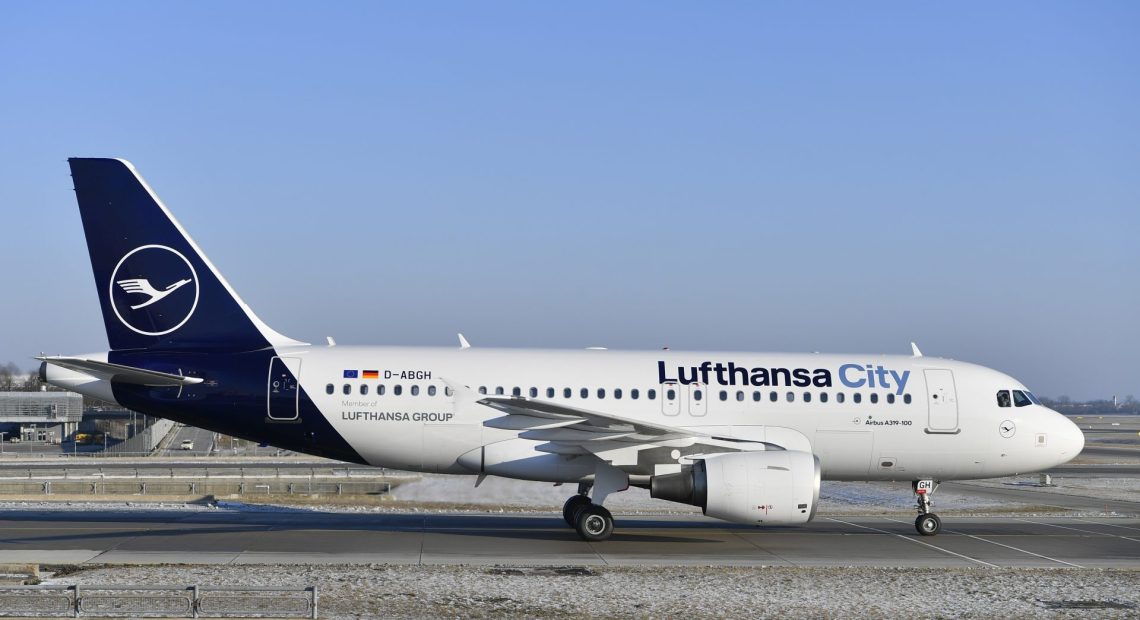IATA Criticises Increase In German Aviation Taxes

Warns Of Economic And Environmental Consequences
In a stern rebuke to the German government, the International Air Transport Association (IATA) has criticised the recent surge in aviation taxes, cautioning against its detrimental impact on the German economy and environmental sustainability efforts.
Effective May 1, 2024, German levies on air travel soared by 19%, ranging from EUR 15.53 to EUR 70.83 per passenger, contingent upon the flight route.
As per IATA, this marked escalation threatens to erode Germany’s competitive edge across pivotal sectors such as exports, tourism, and employment.
Additionally, the cost escalation casts a shadow over the nation’s air transport recovery trajectory from the pandemic. It trails behind many EU counterparts, with international passenger volumes still languishing 20% below pre-pandemic levels.
Expressing vehement opposition to the tax hike, Willie Walsh, Director General of IATA, denounced the move as “policy madness” amidst Germany’s lacklustre economic performance.
Walsh emphasised the imperative of bolstering Germany’s competitive stance and fostering trade and travel, admonishing the government’s apparent preference for short-term fiscal gains at the expense of long-term economic growth.
Furthermore, IATA underscored the detrimental ramifications of the tax surge on the aviation industry’s endeavours to mitigate its environmental footprint.
With a target of achieving net-zero CO2 emissions by 2050, sustainable aviation fuels (SAF) assume paramount importance. However, the association lamented the German government’s backtrack on utilising aviation tax revenues to bolster SAF production, exacerbating hurdles for airlines to invest in sustainability initiatives like fleet modernisation and decarbonisation measures.
Moreover, IATA cautioned against the German government’s potential endorsement of the European Taxation Directive, which proposes an additional tax on jet fuel.
According to Walsh, such a move would further inflate operational costs for businesses in Germany and deter families from holiday travel, amplifying scepticism among air travellers regarding the efficacy of “green taxes.”
Echoing sentiments of disillusionment among industry stakeholders, Walsh decried the recurring trend of diverted taxation meant for environmental initiatives, deeming it counterproductive for the aviation sector’s sustainability agenda.
He insisted that fiscal drainage from the industry curtails its capacity to invest in meaningful decarbonisation endeavours, impeding progress towards a greener future.
Featured image: The aviation tax cost escalation casts a shadow over Germany’s air transport recovery trajectory from the pandemic, says the IATA chief. Credit: Lufthansa













